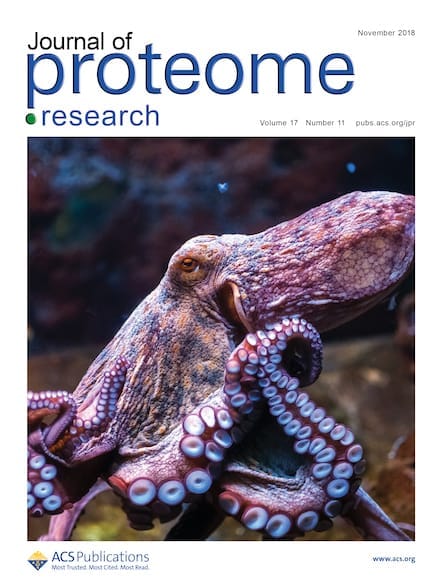Svante Pääbo of the Max Planck Institute for Evolutionary Anthropology was awarded the 2022 Nobel Prize in Physiology or Medicine “for his discoveries concerning the genomes of extinct hominins and human evolution,” which have unlocked new understandings of genetic relationships between modern humans and our ancient relatives. Pääbo’s groundbreaking research has led to many novel […]

Svante Pääbo of the Max Planck Institute for Evolutionary Anthropology was awarded the 2022 Nobel Prize in Physiology or Medicine “for his discoveries concerning the genomes of extinct hominins and human evolution,” which have unlocked new understandings of genetic relationships between modern humans and our ancient relatives.
Pääbo’s groundbreaking research has led to many novel discoveries about our evolutionary history and what makes us “uniquely human.” Notably, he and his colleagues successfully sequenced the entire Neanderthal genome, and he later discovered an entirely new hominin species, Denisova, by sequencing DNA from a well-preserved finger bone found in a Siberian cave.
These findings led Pääbo to help establish Paleogenomics, a novel field of science based on reconstructing and analyzing ancient DNA from extinct specimens. Pääbo’s discoveries have provided promising insights into how the gene flow from our ancient ancestors to modern-day humans influences physiological functions such as sleep cycles, immune responses to certain infections, and survival in high-altitude settings.
Pääbo has previously published work in Journal of Proteome Research, where he and his team analyzed differences in protein expression between humans and primates.
